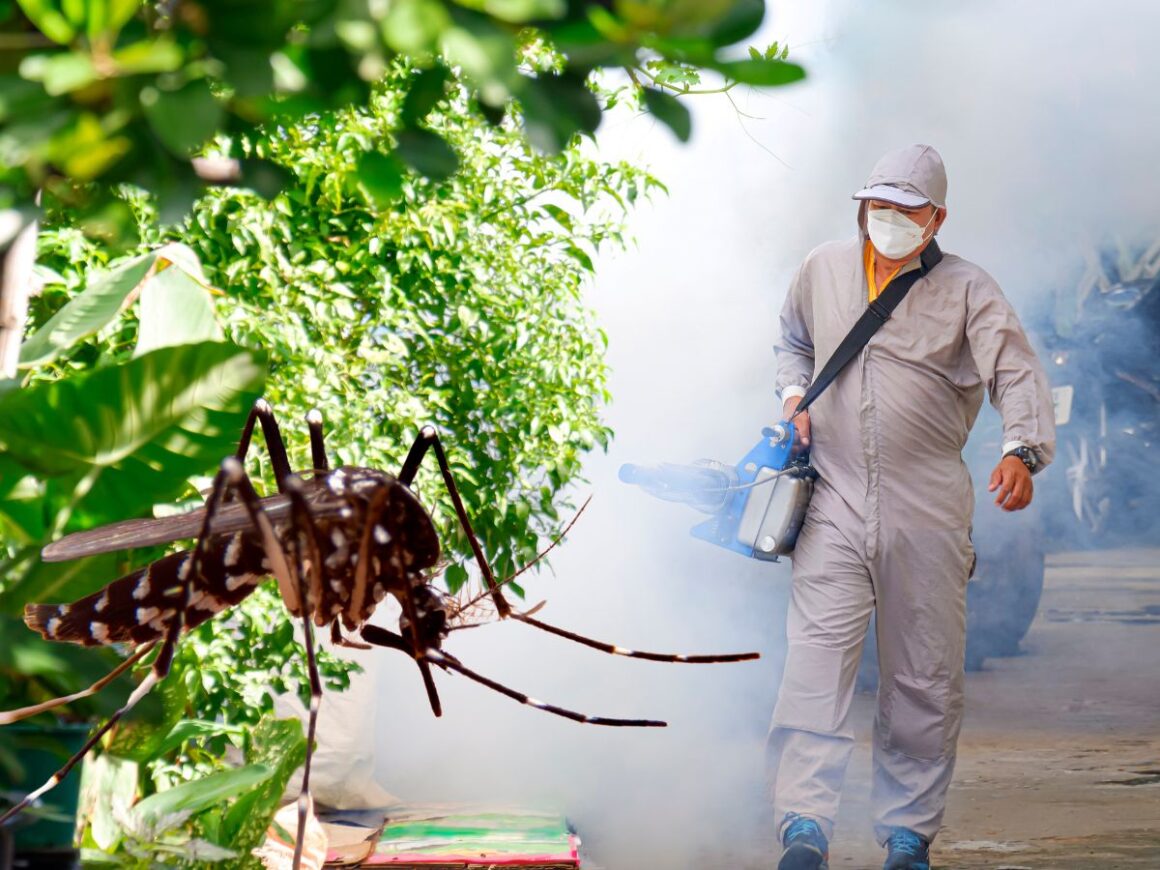Bangalore is currently witnessing a worrying increase in dengue cases, alarming both healthcare providers and residents. This surge has led to a deeper look into how the disease affects brain health, highlighting possible neurological complications linked to this mosquito-borne illness.
The Link Between Dengue and Brain Damage
Dengue fever, transmitted by the bite of an infected Aedes mosquito, often causes symptoms like high fever, severe headache, muscle and joint pain, and rash. While most dengue cases resemble a mild to moderate flu, a few patients suffer from severe conditions such as dengue hemorrhagic fever and dengue shock syndrome. These severe forms can result in vascular leakage, organ impairment, and sometimes neurological issues.
Impact on Neurological Health
Recent research has pointed out how dengue infection could affect brain health, especially posing risks of neurological complications in severe cases. The virus can cross the blood-brain barrier, causing brain inflammation that may lead to encephalitis, which is characterized by swelling of the brain. Neurological effects of dengue can range from mild cognitive issues to serious conditions like seizures, paralysis, and coma.
Understanding the Mechanisms of Brain Damage
Scientists are studying how the dengue virus causes brain damage in infected people. One explanation is that the virus triggers an inflammatory response in the brain, causing neuronal damage and dysfunction. Furthermore, dengue infection can disrupt the central nervous system’s usual functioning, affecting cognitive processes, motor skills, and sensory functions.
Recognizing the Signs of Neurological Complications
It’s vital for healthcare providers and the public to recognize the signs and symptoms of neurological complications from dengue fever. Patients recovering from severe dengue should be closely monitored for any neurological deficits such as changes in mental status, persistent headaches, confusion, and seizures. Early detection and intervention are key to preventing further brain damage and improving outcomes for these patients.
Promoting Brain Health Amid Dengue Outbreaks
Amid the recent rise in dengue cases in Bangalore, public health officials stress the need for preventive measures to control the disease’s spread and protect brain health. Community efforts like vector control programs, public awareness campaigns, and proper sanitation practices are essential to reducing mosquito breeding grounds and minimizing the risk of dengue transmission.
As Bangalore deals with the increase in dengue cases, understanding the disease’s potential effects on brain health is crucial. By raising awareness about the connection between dengue and neurological complications, healthcare professionals and policymakers can implement effective prevention and management strategies. Through collaborative efforts and proactive measures, the community can lessen dengue’s adverse effects on brain health and enhance overall well-being.

